Articles by John Litzler
31 - 40 of 41 articles
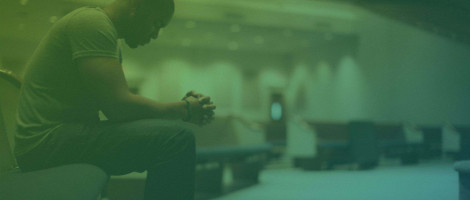
CARES Act could bring financial relief to churches and nonprofits amidst bans on large gatherings
by John Litzler on March 30, 2020 in News
On March 27, the U.S. House of Representatives approved by voice vote the Coronavirus Aid, Relief, and Economic Security Act (CARES Act). The $2.2 trillion coronavirus relief package, which was Senate Bill 3548, was also unanimously passed by the U.S. Senate on March 24. A large portion of that relief, $349 billion, will fund the Paycheck Protection Program (PPP).
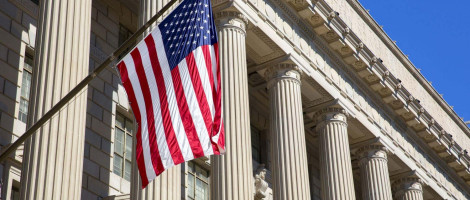
Churches not mentioned in Gov. Greg Abbott’s Executive Order barring social gatherings
by John Litzler on March 19, 2020 in News
On Thursday, Texas Gov. Abbott issued Executive Order No. GA-08 (EO). The EO supersedes previous orders and preempts municipal ordinances regarding social/public/mass gatherings.
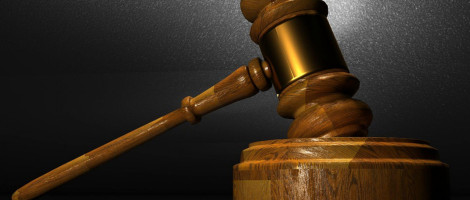
Our First Freedom: What You Need To Know About Religious Liberty
by Guest Author on March 5, 2018 in CLC
By John Litzler
Religious liberty is a bedrock American freedom, but a number of legal issues related to this freedom are being sorted out in the courts and news media today.
In some ways, the Supreme Court’s landmark 2015 Obergefell decision legalizing same-sex marriage in the United States raised more questions than it provided answers. In its opinion the Court concluded that “same-sex couples may exercise the right to marry” and also said “the First Amendment ensures that religious organizations and persons are given proper protection as they seek to teach the principles that are so fulfilling and so central to their lives and faith.” What happens when these two liberties appear at odds with one another?
One example of this conflict between freedoms occurred in both California and Colorado. In each place, a same-sex couple, exercising their right to marry, sought to hire a baker to create a cake for the couple’s wedding and in each case the baker declined asserting that the baker’s religious beliefs prevented the baker from making a wedding cake for a same-sex marriage.
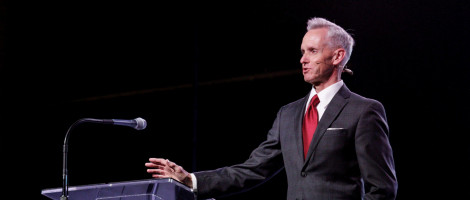
Hardage bears witness to the good work of Texas Baptists
by Kirsten McKimmey & Kalie Lowrie on November 14, 2017 in Annual Meeting
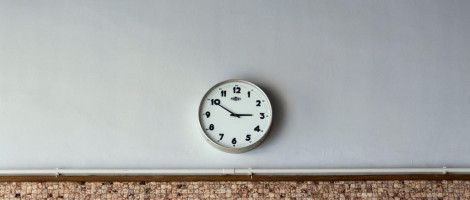
What the new overtime regulation means for your church-Updated 11/29/16
by John Litzler on November 29, 2016 in News

When God says go
by John Litzler on June 13, 2016 in Ministers' Spouses

All Rights Reserved: Guidelines for Super Evangelism Sunday
by John Litzler on January 29, 2016 in Feature
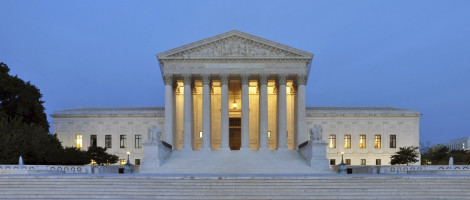
What the Supreme Court’s same-sex marriage ruling means for Texas churches
by John Litzler on June 26, 2015 in Culture

Child abuse is everyone's business
by John Litzler on June 24, 2015 in Church Admin
